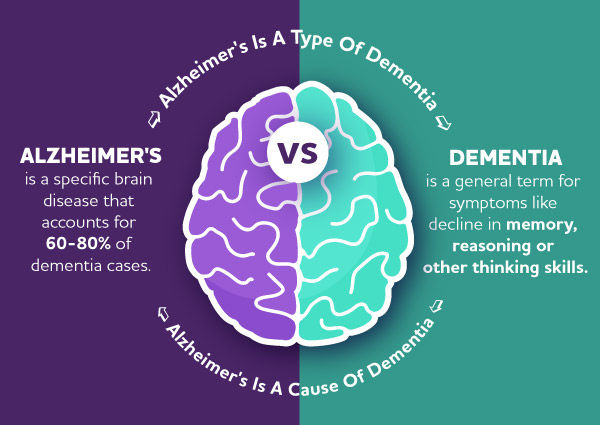Safety & Wandering
- Memory Matters

- Aug 4, 2025
- 2 min read
Updated: Aug 13, 2025

Six in ten individuals with Alzheimer's disease or related dementia will wander at least once and most likely repeat this behavior.
While the exact causes of wandering behavior are not fully understood, it may occur in some individuals who are searching for something, or trying to get back to a place they remember like a job or favorite destination. And sometimes people just wander or walk away because they are restless or agitated.
Common reasons people wander
Unable to retain instructions to wait, not leave, stay in the car, stay in the house
Agitation, or possible onset of delirium
A sudden new routine or situation
Response to something they hear or see
Looking for something related to their past
Want to “go home” even though they are home
Signs a person with dementia may be at risk for wandering
They may say:
I want to go home
I need to go to work
I have to go shopping
They may not recognize their house anymore.
They need reminded about the location of their bedroom or bathroom.
They may exhibit increased restlessness, pacing.
They do not remember to come back into the house when they are outside.
They cannot stay on task and forget what they are doing or where they are.
Steps to take for preventing wandering
There are some steps caregivers can take to help prevent wandering or make it difficult for the person to wander away including:
Creating a secure environment by…
Obtain a location-tracking device for the person, such as:
Project Lifesaver
The Beaufort Country and Jasper County Sheriff's Office have FREE bracelets that can be placed on the person. Click the logo for more information.
Apple AirTag
Tile
Locks on doors
Door or window alarms
Securing car keys
Childproof door knob covers
Not leaving the person alone at home or in a car
Managing restless behavior with....
Regular physical exercise
Day program outside the home where they can socialize with others, like the one we have here at Memory Matters
Ensuring adequate sleep
Reporting behavior changes or increased confusion to the person’s doctor
Activities to occupy the person’s time
If your loved one or someone you are caring for wanders away, call 9-1-1.
Then start searching immediately. Consider if the person is right or left-handed. They will tend to wander in the direct of their dominant hand.
Begin looking in the surrounding areas. Many individual's who wander will be found within 1.5 miles of where they disappeared.
Check under brush and trees.
If they've wandered before, go back to where they went in the past.
Wandering Safety Products
The Alzheimer's Store offers a wide range of helpful products that stop or limit wandering from motion detectors to tracking devices. Please take a look at the different items that could help you and your loved one stay safe. More safety products are available for purchase here.






Comments